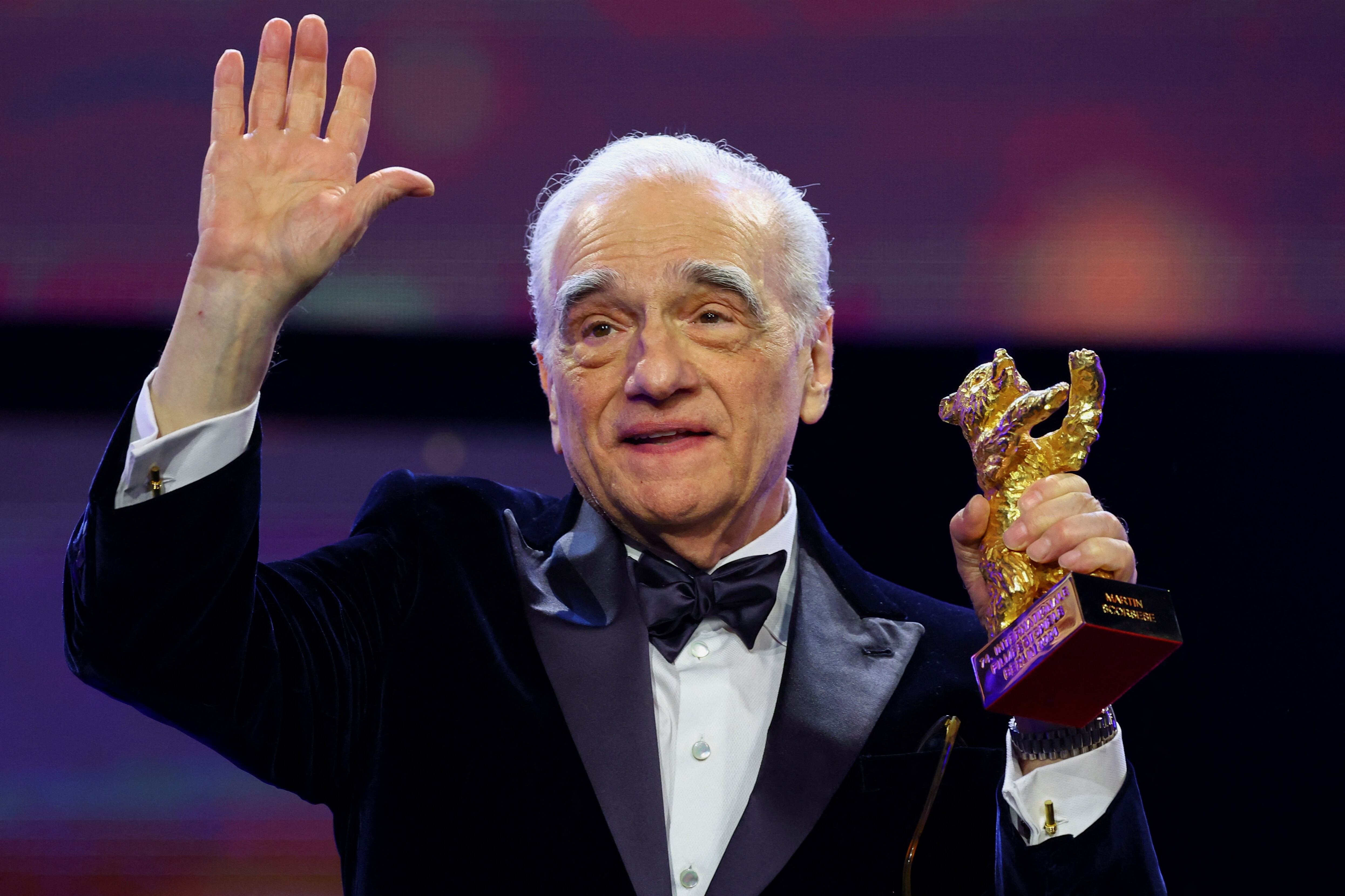EXPRESS TRIBUNE

Scorsese’s list of handpicked foreign films that will take your film education to the next level
Martin Scorsese is the kind of filmmaker whose deep understanding of cinema is woven into every frame of his movies. The legendary director’s work is a testament to his film school education, where he was exposed to techniques from iconic auteurs like Truffaut, Renoir, and Kurosawa, blending their styles into something wholly his own. Few filmmakers have shown a better example of how absorbing different influences can fuel a filmmaker’s creative imagination.
While Scorsese had film school to thank for being introduced to such rich influences, many of us don’t have the same opportunity. For those without a formal film education, there’s another route: self-education. Next to picking up a camera and experimenting, the best way to learn about filmmaking is to watch the films that shaped the directors who inspire us today. A perfect example of this journey came from a young filmmaker named Colin Levy.
Several years ago, Levy found himself spending countless hours in his high school’s editing room, meticulously crafting a five-minute short film. That short would go on to win him the national Young Arts award. The prize? A one-on-one meeting with none other than Scorsese himself, the visionary behind Taxi Driver and Raging Bull.
Reflecting on the experience, Levy shared his thoughts in a blog post: “It was a defining moment in my path as a filmmaker.” He detailed the awe-inspiring opportunity to visit Scorsese’s office and editing rooms, describing the moment as surreal. “Martin Scorsese was intimidating, to say the least. But very jovial, very talkative, and he took me seriously. (Or convinced me, at least.) I pretty much kept my mouth shut,” Levy wrote.
The meeting was an overwhelming experience, with Scorsese mentioning various actors, producers, directors, and films every few seconds—many of which Levy had never heard of. He found himself captivated by Scorsese’s vast knowledge. “I was stunned just to be in his presence,” he said. Even more astonishing was Scorsese’s compliment about his short film: “He liked my film, he said. ‘How did you do the little creatures?’” Levy tried his best to explain how he taught himself 3D animation basics, to which Scorsese responded enthusiastically, shifting the conversation to the digital effects used in The Aviator. Levy recalled, “The juxtaposition of scales was overpowering.”
The young filmmaker felt like he was living in a dream. “I felt like I was in a movie. Why he spent so much time with me I do not know, but it was amazing just to be in his presence,” he wrote. A few weeks later, feeling deeply grateful, Levy carefully crafted a thank-you note in which he expressed how the meeting had left him with a strong realisation: “I don’t know enough about anything. I especially don’t know enough about film history and foreign cinema.” Levy asked Scorsese if he had any recommendations for where to start.
Shortly after, Levy received an unexpected message from Scorsese’s assistant. In it was something that would jumpstart his education in cinema: “Mr. Scorsese asked that I send this your way,” the assistant wrote. “This should be a jump start to your film education!” Attached was a list of 39 foreign films and several recommended books that Scorsese had personally compiled for him.
The list was as broad as it was inspiring, including legendary classics like Metropolis and Bicycle Thief. It spanned decades and cultures, offering a treasure trove of cinematic masterpieces for Levy to study. Interestingly, Scorsese omitted some of the more famous names in world cinema, like Federico Fellini and Ingmar Bergman, choosing instead to spotlight lesser-known gems and significant post-war Japanese films. The list even included three films by the great Akira Kurosawa, a filmmaker Scorsese has long admired.
It was clear that this was not just a random collection of movies but a
carefully curated list meant to guide and inspire a budding filmmaker’s
journey into the world of cinema. For those who haven’t had the
privilege of studying these films in an academic setting, this list
serves as a priceless resource, one that reflects Scorsese’s deep
appreciation for film history and his desire to pass that knowledge on
to future generations of filmmakers.
Below is the full list of the 39 foreign films Martin Scorsese believes everyone should watch – especially filmmakers.
Tribune for more
